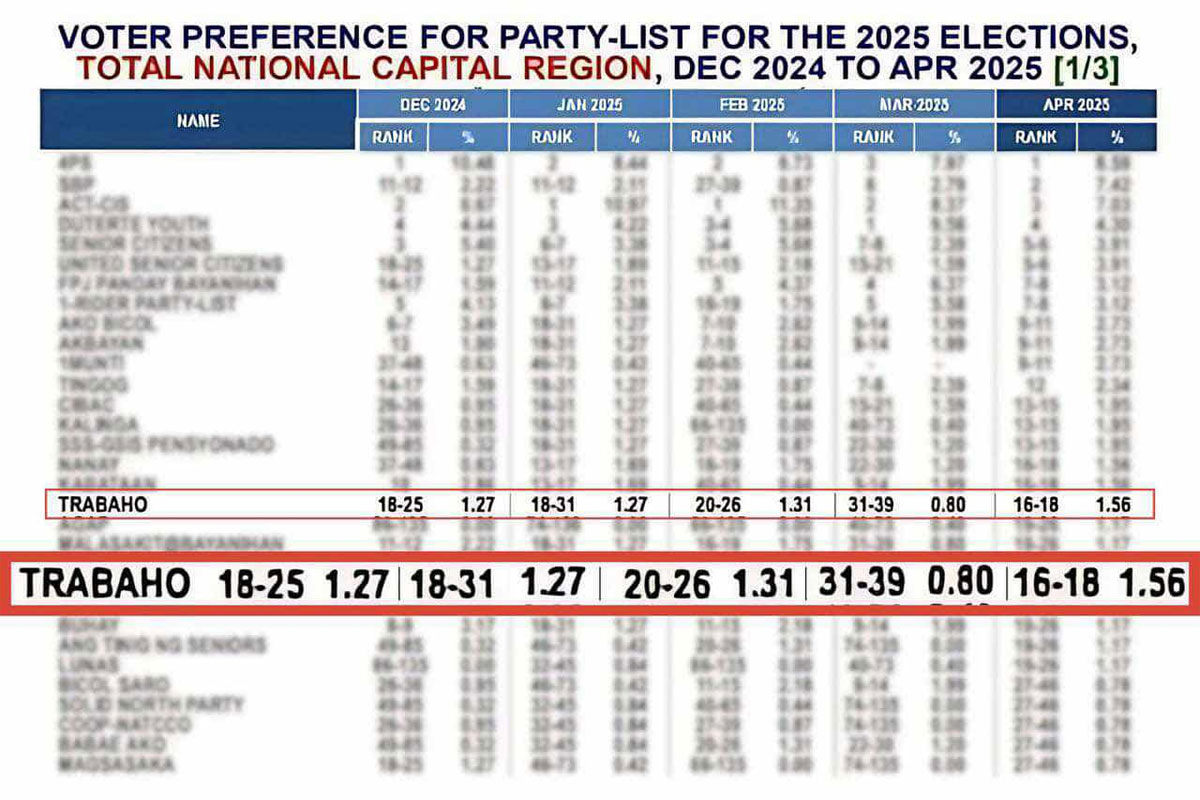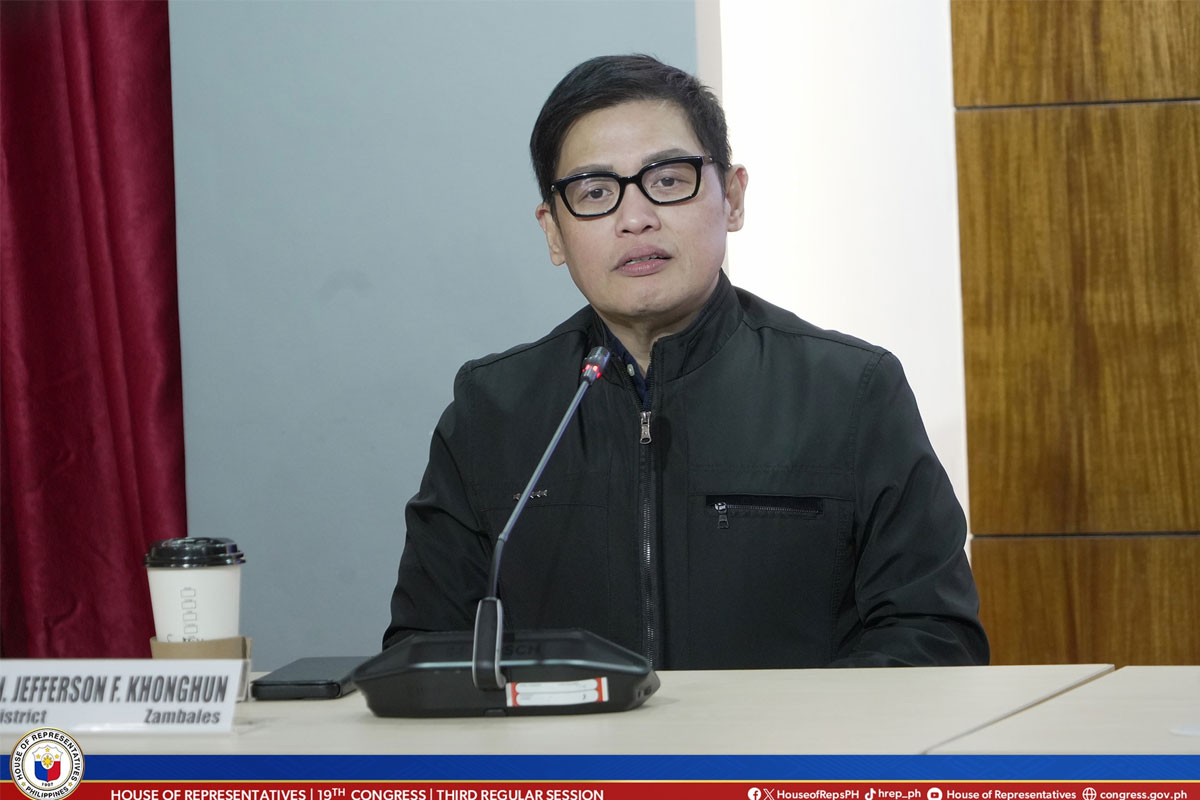
P600M swine repopulation program to be implemented
THE P600-million swine repopulation program will soon be implemented in areas that were earlier quarantined in view of the outbreak of African Swine Fever (ASF) and now are classified as “pink” and “yellow” zones.
Agriculture Secretary William Dar said the program will be implemented since the ASF incidence is already at its lowest level since August 2020.
Bureau of Animal Industry (BAI) Director Reildrin Morales made this report during a recent meeting presided by Dar with DA regional directors, Director Jocelyn Badiola of the DA-Agricultural Credit and Policy Council (ACPC) and President Jovy Bernabe of the DA-Philippine Crop Insurance Corporation (PCIC).
“We are heartened that the ASF incidence is waning, which as of March 26, 2021, has registered 253 cases, versus 358 cases in January 2021, 330 cases in February 2021, and the highest level at 1,773 cases in August 2020,” Dar said.
Dar added that this piece of good news boosts the Duterte administration’s swine repopulation program — or the Integrated National Swine Production Initiatives for Recovery and Expansion or INSPIRE — that will be implemented in ASF ‘pink’ and ‘yellow’ zones, and more extensively in ASF ‘green’ zones.
Morales, on the other hand, explained that the “pink” zones serve as buffer, where ASF is not present but adjacent to an infected zone. It may also be an area previously infected but the ASF virus has not been detected for at least 90 days, and thus has recovered from infected status.
Other areas where the INSPIRE program will be implemented are the: “yellow” or surveillance zones, which are ASF-free but adjacent to “yellow” zones; and “light green” and “dark green” zones, which are free from ASF.
“We will implement INSPIRE through the ‘sentinel’ approach initially in the first eight regions affected by ASF, benefiting 8,000 backyard raisers, who will be grouped into 500 clusters,” said the DA chief. The eight regions are: 1, 2, 3, 4A, 5, 11, 12, and Cordillera.
The sentinel approach is the limited placement of pigs to ascertain if there is still ASF virus present in a test area.
Meanwhile, DA Undersecretary for Livestock Dr. William Medrano said the project beneficiaries will each receive three to five “sentinel” piglets — including feeds, veterinary drugs, biologics and anti-viral agents — during the six-month fattening period. The sentinel component entails an initial budget of P400 million (M) under the INSPIRE program.
Medrano, who oversees the DA National Livestock Program, further disclosed that another P200 M is allocated for the INSPIRE multiplier breeder component to ensure continuous source of piglets for the subsequent expansion of the swine repopulation program.
Dar said reviving the country’s swine industry is a huge challenge, and requires a concerted effort among all stakeholders.
“We need the strong and sustained support of backyard and commercial raisers, local government units (LGUs), and the private sector to revive the industry. First, by effectively controlling the ASF and preventing its spread via strict biosecurity measures, and secondly, by embarking on a massive swine repopulation program,” Dar added.

















